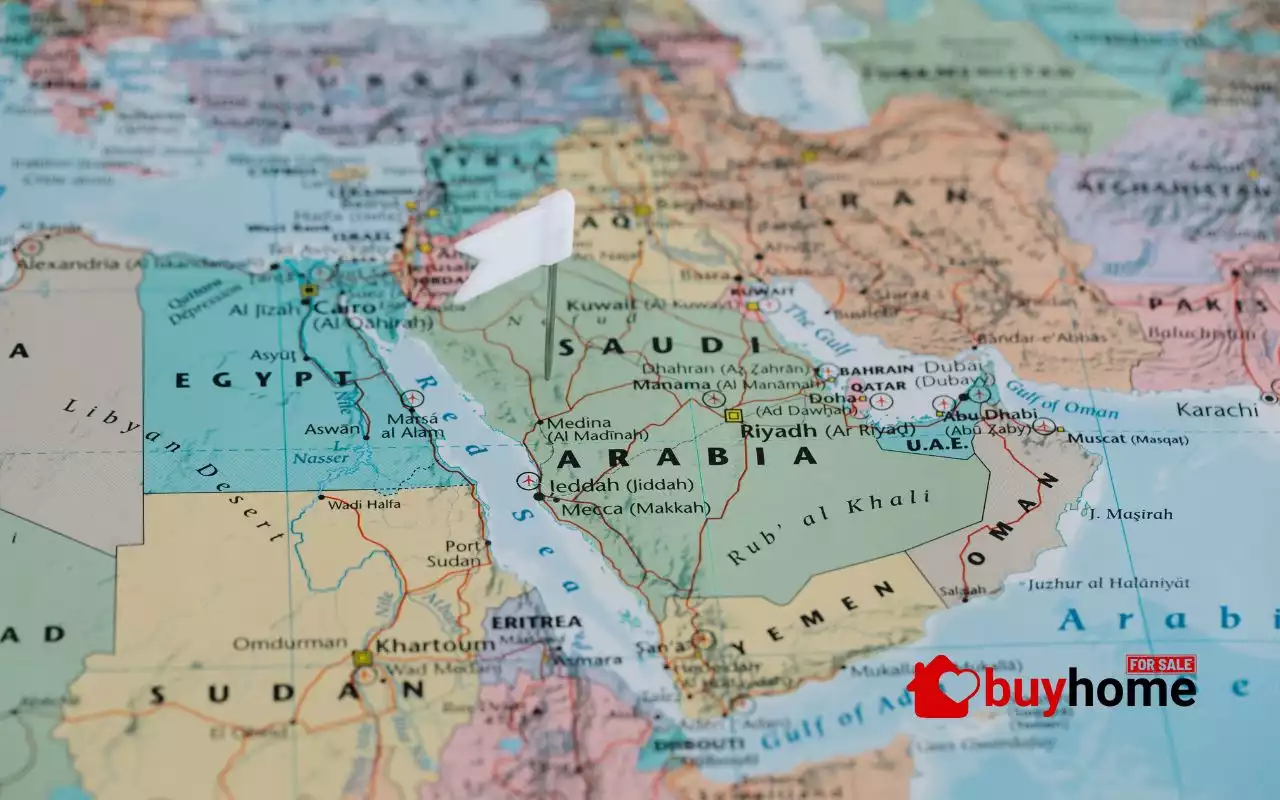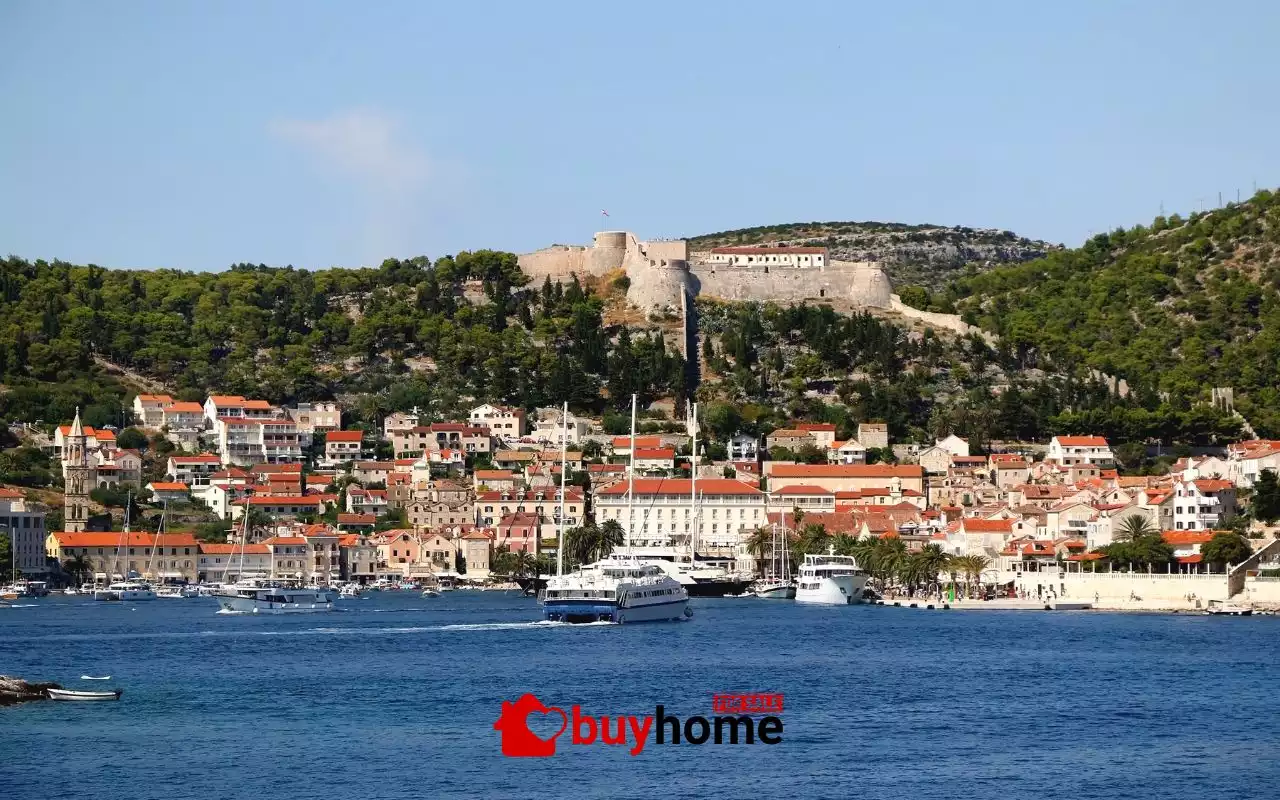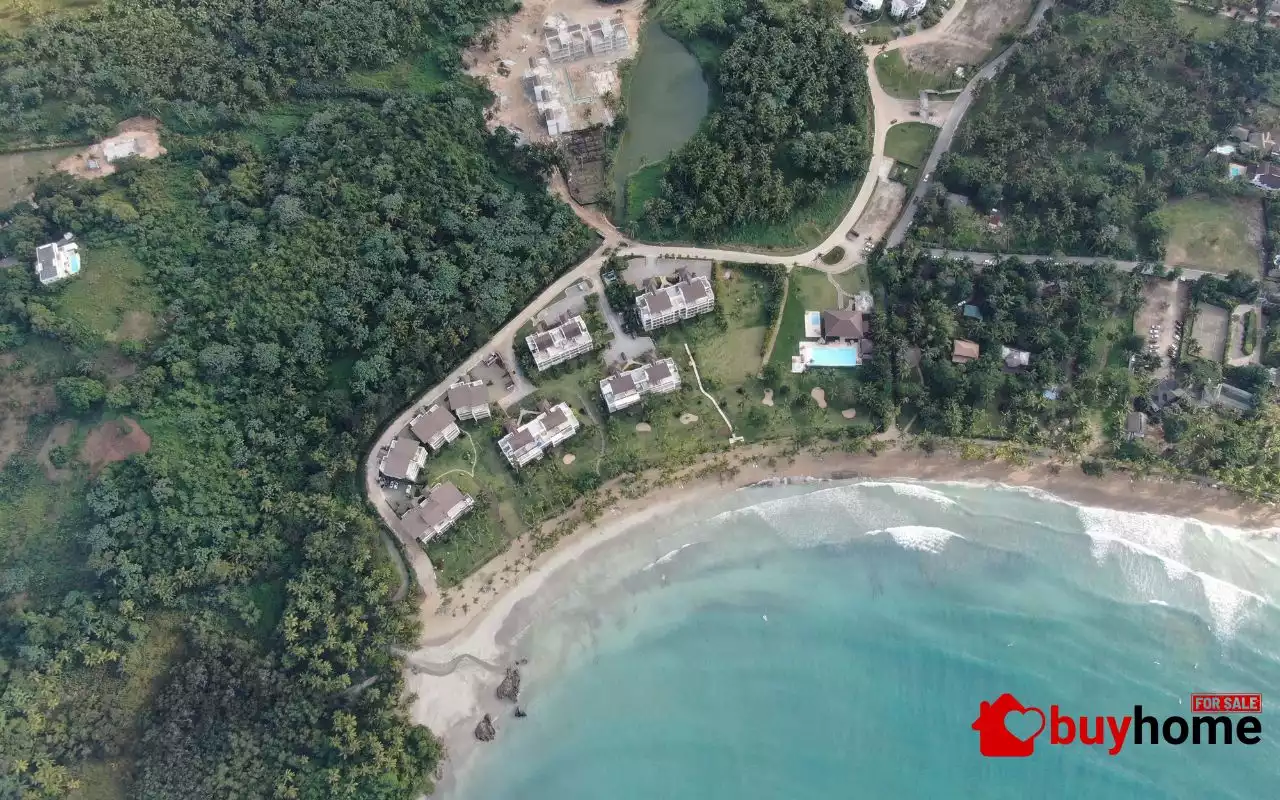Table of Contents
The United Arab Emirates (UAE) is a rapidly developing nation renowned for its luxurious lifestyle, futuristic architecture, and thriving economy. Strategically located in the Middle East, the UAE has transformed itself into a global hub for business, tourism, and innovation. In this article, we’ll explore the UAE’s geographical significance and its dynamic socio-economic landscape.
Where is the UAE?
The UAE is situated in the southeastern corner of the Arabian Peninsula, bordering Saudi Arabia to the south and west and Oman to the east. Its location on the Persian Gulf gives the country a strategic advantage, making it a vital player in global trade and commerce.
Key Geographical Facts:
- Capital City: Abu Dhabi
- Largest City: Dubai, a global hub for finance, tourism, and innovation.
- Coastline: The UAE boasts a stunning coastline along the Persian Gulf, offering some of the world’s most luxurious beachfront properties.
Population:
The UAE has a population of over 10 million, with expatriates making up nearly 88% of the population. This diverse demographic mix creates a rich cultural environment where over 200 nationalities coexist.
Government and Leadership:
The UAE is a federation of seven emirates, each ruled by its own monarch. The seven emirates are:
- Abu Dhabi
- Dubai
- Sharjah
- Ajman
- Umm Al-Quwain
- Fujairah
- Ras Al Khaimah
The Socio-Economic Status of the UAE
Abu Dhabi serves as the political capital, while Dubai is the financial and tourism hub.
The UAE boasts one of the most diversified and robust economies in the Middle East, driven by sectors such as oil, tourism, real estate, and technology. Its forward-thinking policies and strategic investments have made it a global leader in economic innovation.
1. Key Economic Sectors:
Oil and Energy:
The UAE’s economy was historically built on oil, and Abu Dhabi still holds one of the world’s largest oil reserves. However, the nation has diversified significantly to reduce its dependence on oil revenues.
- Renewable Energy: The UAE is investing heavily in solar energy, including projects like Masdar City in Abu Dhabi.
Tourism:
Tourism is a cornerstone of the UAE’s economy, with iconic landmarks such as:
- Burj Khalifa: The tallest building in the world, located in Dubai.
- Sheikh Zayed Grand Mosque: A stunning architectural masterpiece in Abu Dhabi.
- Palm Jumeirah: An artificial island featuring luxury resorts and residences.
The UAE attracts millions of visitors annually for its shopping festivals, cultural events, and world-class hospitality.
Real Estate and Infrastructure:
The UAE is known for its ambitious real estate projects, ranging from skyscrapers to artificial islands. Cities like Dubai and Abu Dhabi are home to some of the most sought-after properties in the world. Many international buyers search for “home for sale in UAE” due to the country’s tax-free environment and high return on investment.
Technology and Innovation:
The UAE is positioning itself as a leader in technology and innovation, with significant investments in:
- Artificial Intelligence (AI)
- Smart cities
- Space exploration, including the Mars Mission (Hope Probe)
2. Social Development and Quality of Life
The UAE offers a high standard of living, making it one of the most attractive destinations for expatriates and investors.
Education:
The UAE has a well-developed education system, with international schools and universities catering to a diverse population.
- Institutions like New York University Abu Dhabi and Sorbonne University Abu Dhabi highlight the country’s global outlook.
Healthcare:
The UAE provides world-class healthcare services, with both public and private hospitals offering high-quality care. Medical tourism is also a growing sector, attracting patients from around the world.
Lifestyle and Culture:
The UAE is a blend of traditional Arabian culture and modern cosmopolitanism. From camel racing and souks to luxury shopping malls and Michelin-starred restaurants, the UAE offers something for everyone.
3. Challenges and Opportunities
Challenges:
- Environmental Concerns: The UAE faces challenges related to water scarcity and high carbon emissions.
- Economic Diversification: While progress has been made, reducing reliance on oil remains a priority.
Opportunities:
- Global Trade Hub: The UAE’s location and infrastructure make it a key player in global trade.
- Real Estate Boom: Properties such as villas and apartments in Dubai and Abu Dhabi continue to attract investors looking for homes for sale in UAE.
- Sustainability Goals: Initiatives like the UAE’s Net Zero 2050 pledge open new opportunities in green technology and innovation.
Why Invest in the UAE
The UAE is one of the most investor-friendly countries in the world, offering numerous benefits such as:
- Tax-Free Environment: No personal income tax and favorable business tax policies.
- Residency Programs: Real estate investments over a certain value can qualify investors for long-term residency visas.
- Strategic Location: Its proximity to Europe, Asia, and Africa makes it a logistical hub.
- Luxury Lifestyle: The UAE offers unparalleled luxury, making it a top choice for those seeking a high standard of living.
The UAE’s unique location, diverse economy, and ambitious vision make it a leader in the Middle East and beyond. Whether you’re looking to visit, live, or invest, the UAE offers unparalleled opportunities. From homes for sale in UAE to business ventures and lifestyle upgrades, the country has something for everyone.
As a nation that constantly redefines possibilities, the UAE remains a symbol of progress, innovation, and global connectivity.



